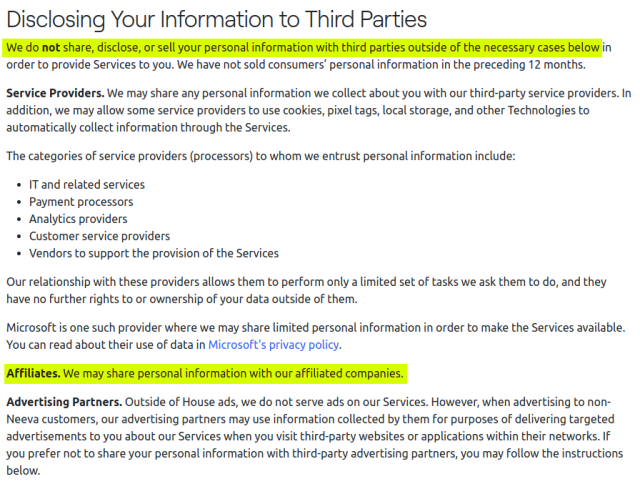In November 2017, Sridhar Ramaswamy—the head of Google's $95 billion advertising arm—left the company after a scandal concerning advertisements for major corporations found on YouTube videos that put children in questionable situations. Ramaswamy told The New York Times that shortly after that incident, he decided that he needed to do something different in his life—because "an ad-supported model had limitations."
Ramaswamy's startup company, Neeva, is that "something different"—and though it, too, is a search engine, it seeks to sidestep some of Google's problems by avoiding the ads altogether. Ramaswamy says that the new engine won't show ads and won't collect or profit from user data—instead, it will charge its users a subscription fee.
Neeva's approach follows an old truism that says if you pay for something, you're a customer—but if you get it for free, you're a product. That's likely to be a very difficult sell, to a public that has come to expect a service to be "free" and doesn't often care very much about privacy aspects. Even if we handwave the difficulty of acquiring a market, other privacy-focused players are expressing significant doubt about Neeva's approach.
Privacy-focused competitors have doubts
Search engine DuckDuckGo is probably the best-known privacy-focused Google competitor. DuckDuckGo serves ads but doesn't track its users individually—its CEO, Gabriel Weinberg, says the ads are a practical necessity. "If you want the most impact to help the most people with privacy, you have to be free," he said, "because Google will be free forever."
However, DuckDuckGo may not be the most relevant comparison to Neeva. The new search engine is planned to be a second-tier provider, with public results sourced from Bing, Weather.com, Intrinio, and Apple. It also plans to offer its users the ability to link cloud accounts such as Google G Suite, Microsoft Office 365, and Dropbox. In addition to providing search results directly from these private sources, Neeva will include that data in building a profile to personalize search results for each user.
Startpage is a closer analogue to Neeva's proposed model. Like Neeva, Startpage sources search results externally—in its case, directly from Google. Unlike Neeva, Startpage still shows Google ads and collects a cut of the proceeds. But it shows those ads without attempting to personalize them for the user—no profile is built, and the user's potentially identifying information is stripped from the queries passed along to Google as well.
Startpage CEO Robert E.G. Beens reached out to Ars by email shortly after Neeva's launch. He expressed extreme skepticism about Neeva's model—he describes the connections to private data, personal profile building, and long-term data retention as "a hacker's dream, and a user's nightmare." He expressed equally strong opinions about Neeva's actual privacy policy, calling it "a joke—and not a funny one," after remarking that "marketing messages can claim almost anything, but a privacy policy has legal status."
We should note that there are two different sections of Neeva's site that appear to address privacy concerns—a Digital Bill of Rights prominently featured in the company's about page, and the official Privacy Policy, linked more austerely from the footer of each page.
Problematic privacy policy
Neeva's Digital Bill of Rights appears to be just the sort of marketing message Beens alluded to. It makes lofty statements about users' rights to privacy, controls to data collection, data usage transparency, and user ownership of their own data. It further declares that companies in general should respect those rights—but it makes no outright promises about whether or how Neeva will respect them. The closest thing to a concrete statement of policy on the page is a line at the bottom stating "we at Neeva stand by [these values], in solidarity with you."


arstechnica
[contfnewc] [contfnewc]







